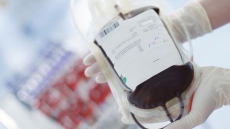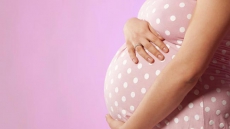New York- The Ebola virus affects different people differently, say researchers, adding that genetic factors could be behind this mild-to-deadly range of reactions to the virus.
While some people completely resist the disease, others suffer moderate to severe illness and recover, while those who are most susceptible succumb to bleeding, organ failure and shock.
These differences are not related to any specific changes in the Ebola virus itself; instead, the body's attempts to fight infection seems to determine disease severity.
"Our data suggest that genetic factors play a significant role in disease outcome," said Michael Katze from University of Washington.
For the study, the researchers examined the role of an individual's genetic makeup in the course of Ebola disease through a mouse model.
The researchers had obtained genetically diverse group of inbred laboratory mice to study locations on mouse genomes associated with influenza severity.
The scientists examined mice that they infected with a mouse form of the same species of Ebola virus causing the 2014 West Africa outbreak.
The scientists found that disease outcomes and variations in mortality rates were co-related to specific genetic lines of mice.
"The frequency of different manifestations of the disease across the lines of these mice screened so far are similar in variety and proportion to the spectrum of clinical disease observed in the 2014 West African outbreak," co-lead researcher Angela Rasmussen from University of Washington pointed out.
Survivors experienced more activity in genes that order blood vessel repair and the production of infection-fighting white blood cells.
The scientists noted that certain specialised types of cells in the liver could also have limited virus reproduction and put a dampener on systemic inflammation and blood clotting problems in resistant mice.
"We hope that medical researchers will be able to rapidly apply these findings to candidate therapeutics and vaccines," Katze stressed.
The study appeared in the journal Science.





